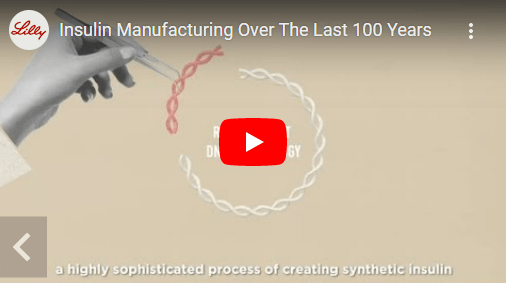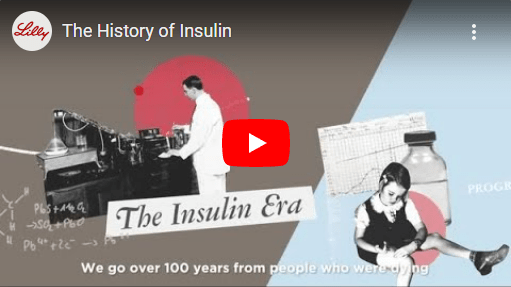Celebrating Insulin Centennial
A Tribute to innovations that have changed people’s lives
ATTD is commemorating the 100th anniversary of insulin.
Review the history of insulin and the 4 ways we honour its discovery.
Despite the remarkable progress, diabetes is still on the rise. Health outcomes have not improved due to strong conservatism, clinical inertia and treat-to fail paradigm.
Inertia for HCP is the recurring failure to establish appropriate targets and escalate treatment to achieve treatment goals, the behaviour of not setting clear goals, insufficient focus on goal attainment, or inadequate time/personnel to teach injectable therapy.
Together, we can overcome inertia and modernize diabetes care:
We recognise the value and significance of ongoing diabetes innovation.
Therefore, we are pleased to announce that at the ATTD 2023 Conference, we will present an outstanding individual with the Insulin Centennial Award.
This year’s winner will be announced at the ATTD 2023 Closing Ceremony.
- In 2022, Professor Stephanie Amiel received the ATTD-Lilly Insulin Centennial Award (click here to see Bio)
- In 2021, Professor Irl B. Hirsch received the ATTD-Lilly Insulin Centennial Award (click here to see Bio)
Last year we ran, this year we will bring indoor workouts that won’t make you sweat but will help you overcome inertia.
The conservative treatment paradigm, which causes clinical inertia, is a barrier to effective T2D management and causes long-term complications in PwD.
To raise awareness of this important issue, ATTD and Eli Lilly invite you to join the ATTD No Sweat Activity to Overcome Inertia on DD Month
It is a fantastic opportunity to get involved, get active, and exercise to support overcoming inertia, whether you are at home or in Berlin.
Let’s change the paradigm together!
July 27, 1921
Canadian doctors Frederick Banting and Charles Best successfully isolated the hormone insulin, one of the most important breakthroughs in treating diabetes.
In the 20th century, insulin has been one of the most significant medical breakthroughs, alongside antibiotics and cancer therapies. Prior to the discovery of insulin in 1921, people who developed diabetes typically died within a matter of days, months, or at most a few years. However, with the development of insulin therapy, this time frame was extended to decades.Download ATTD Insulin Centennial TimelineFULL HISTORY
Take a 360-degree look at insulin use, as well as research and development, over the last 100 years.
Click on the image to see in full size.
Click on the image to see Zoom background in full size.
Check out celebration of the ATTD’s 15th anniversary and the 100th anniversary of insulin at ATTD 2022 in Barcelona

